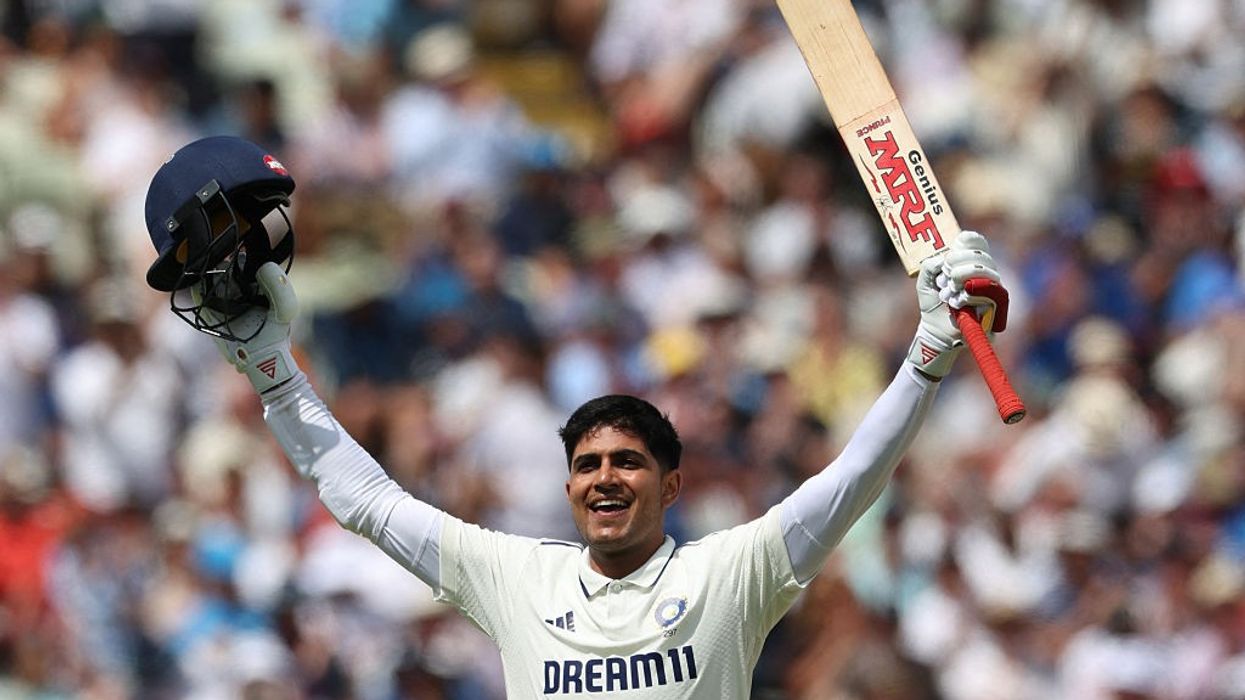A DOCTOR, an optician and a pharmacist – just some of the members of England’s kabaddi team whose performance in the World Cup sparked a new interest in the ancient sport.
The squad, made up of part-time players and university students, reached the quarter-finals of the tournament in October before losing to eventual winners India.
The World Cup in India had a Twenty20 cricket-style makeover with new rules for bonus points, Bollywood music, and backing from actors like Abhishek Bachchan, who owns the Jaipur Pink Panthers in the Pro Kabaddi League.
Ashok Das, England’s coach, told Eastern Eye there is a new buzz around the game in UK universities after the competition was shown on Sky Sports for the first time.
He said there is more interest among British Asians and non-Asians in kabaddi, where two teams take turns running across the centre line to the other team’s half of the court and have to tag their opponents and sprint back.
Ashok, whose team are now preparing for next year’s European Champions Trophy, said: “We have raised the profile for England and done well in the World Cup. It is more popular than ever, the World Cup was shown in 133 countries. I have had many calls and
messages from people saying I want to take part and get training.”
There are clubs in nine colleges and universities in the UK: London School of Economics, Imperial College London, University of Manchester, University of Birmingham, Kings College London, the University of Warwick, Finchley College, University of Exeter and
Aston University.
LSE’s team clinched a sponsorship deal with an Indian bank recently and have a girl’s team along with Imperial College.
Ashok travels around the country to train the team in parks and makeshift venues along with raising funds for the national side.
His team includes Jay Depala, a maths and economics student at LSE, Philip Mottram, a political economics undergraduate at the University of Birmingham, and medical student Keshav Gupta from Imperial College.
Ashok joked that he has the most intelligent kabaddi team in the world.
He added: “We have Asian, one Chinese, white British, all mixed. They were playing in universities. They are friends of players, they like the sport, that is why we have non-Asians as well.
“We want a wide range of people in the England team. We have a women’s team which is all non-Asian.”
The sport has come a long way in the UK since village games in India were shown on Channel 4 in the 1990s.
Ashok introduced the game to the British Army in 2005 and took them on a tour to India to compete against other teams. But a huge barrier is funding.
Ashok ploughs his own money into the national team and they do not have a permanent venue for training.
The team was funded for last month’s World Cup by the International Kabaddi Federation. Ashok, who works for Birmingham City Council and trains the team in his spare time, said: “All of the Asian countries’ teams get funded from their government. Although we have played for 20 years in the UK, we have approached UK Sport for funding but didn’t get anywhere.
“If we got six months training and funding then we can [win the World Cup].” And Ashok, who played kabaddi in his native Punjab, has big dreams for the sport.
“My dream is to see it in the Olympics or England win the World Cup or European Champions Trophy. I want to see a wide range of people playing.”
















